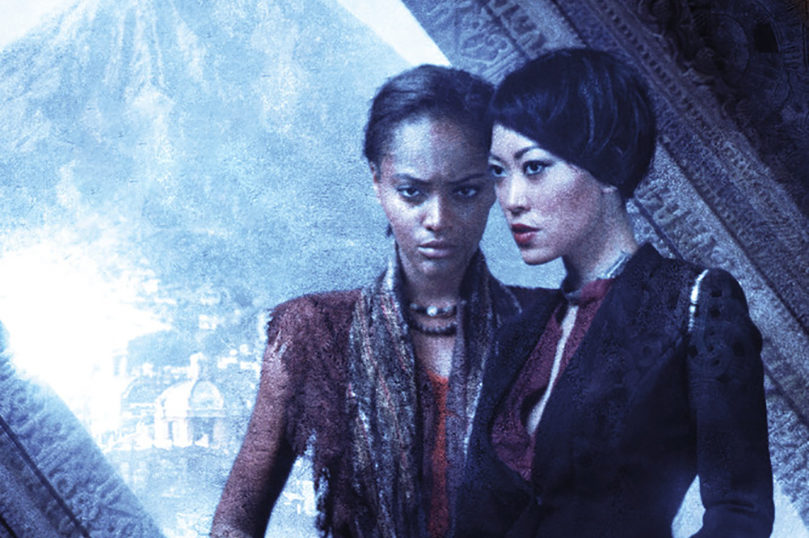
SFF Restaurants and Bars We Want to Go To
Take a trip to some of our favorite restaurants and bars in SFF novels!

Take a trip to some of our favorite restaurants and bars in SFF novels!

Amberlough author Lara Elena Donnelly takes on the tropes and trappings of vintage-inspired media.

The ebook of Amberlough is on sale for just $2.99!

From author Lara Elena Donnelly, a debut spy thriller as a gay double-agent schemes to protect his smuggler lover during the rise of a fascist government coup. Please enjoy this excerpt.

New from Stephen R. Lawhead, Lara Elena Donnelly, Robyn Bennis, and others!

The Nebula Awards are coming up in May! Haven’t read all the nominees yet? Here’s your chance to pick up the Tor books in the running this year, discounted for a limited time.

New from William S. Cohen, Thoraiya Dyer, Susan Dennard, and more!

Here’s our list of recommendations for last minute gifts to give the fantasy fan in your life!

Happy Pride! In between the parades and parties, relax with books that celebrate the range of diversity. Here are some recent novels featuring LGBTQ+ characters for your reading pleasure.

New from Patrick Taylor, Lara Elena Donnelly, Sheryl Scarborough, and more!